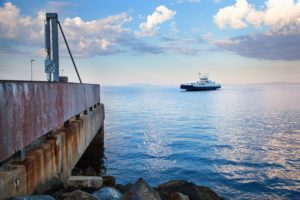Norway has the last couple of years experienced an environmental revolution in the ferry sector. This has been pushed forward by political ambitions and environmental requirements in public procurement, together with the innovation ability and adaptability of shipping companies and their suppliers. The result is an electrification of a large part of the ferry fleet. Electrification of ferries is now a relatively low-hanging fruit in the green shift of shipping, and the world is looking to Norway when it comes to the use of battery systems in the maritime industry.
Norwegian maritime industry is in the leading position when it comes to production of maritime batteries, integration of systems onboard vessels, onshore charging infrastructure and additional systems. When other countries in the coming years will go through the green transition of the ferry sector, Norway has a huge potential and opportunities to export both competence and technology. This is the reason why Corvus Energy has started this pilot with the aim to use the experiences from GSP to promote environmentally friendly Norwegian technology outside Norwegian boarders. Corvus Energy is a market leading supplier for maritime battery systems, and they have experienced great growth the last couple of years. They consider the market potential to be huge, with a multiplication by 2030.
Greece is the world’s third biggest shipping nation, and they have multiple ferry routes and a structure that to some degree can be compared to Norway. Currently the fleet is characterized by old materials with a need for replacement. The country has large ambitions for emission reduction also at sea, and it is therefore naturally to look at renewal and electrification of the ferry fleet in the country.
Goal of pilot project
The pilot has two goals:
- Long term goal:
- Enhance Norway’s leading position in the international market for maritime battery systems and electrification.
- Contribute to reduced energy consumption and emissions internationally.
- Short term goal:
- Realize a battery ferry in Greece, with the potential for up scaling. Both Norwegian and the Greek maritime industry shall gain benefit from the project.
The goals shall be achieved by the following main activities:
- Collect key partners to the pilot.
- Collect information related to the Greek marked.
- Establish collaboration with Greek partners, public and private.
- Establish a road map for realizing in Greece.
- Establish roadmap for realizing globally.
Status
The pilot project started in January 2022.
March 2022
The pilot has involved Greek players in the pilot work, in addition to Norwegian’s ambassador for Greece. Today’s focus is to map the ferry sector in Greece, including obtaining an understanding of commercial conditions within the sector and the potential role of authorities. The pilot study is expected to be ended within end of 2022.
January 2023
The work packages are divided into a political and a technical track. The political track is based on cooperation between the authorities in Norway and Greece, while the technical track looks at possible pilots for 3-4 specific electric ferries in Greece. So far, the Greek authorities do not have an established plan to get started with electrification. The embassy in Athens and the University of Aegean in Athens have initiated a barrier study together with the University of Southeastern Norway, USN.
April 2023
The early phases of the pilot have been challenging. Progress requires a physical presence in Greece. DNV, which has a presence there, and the Norwegian Embassy have assisted. Demand for electrification of ferry traffic in Greece and thus export opportunities and technology transfers from Norway is significant, but the political challenges are great. Financial support schemes and incentives are also limiting.
It is not the technical aspects that are challenging, but there are a number of politically related barriers that we are trying to deal with.


